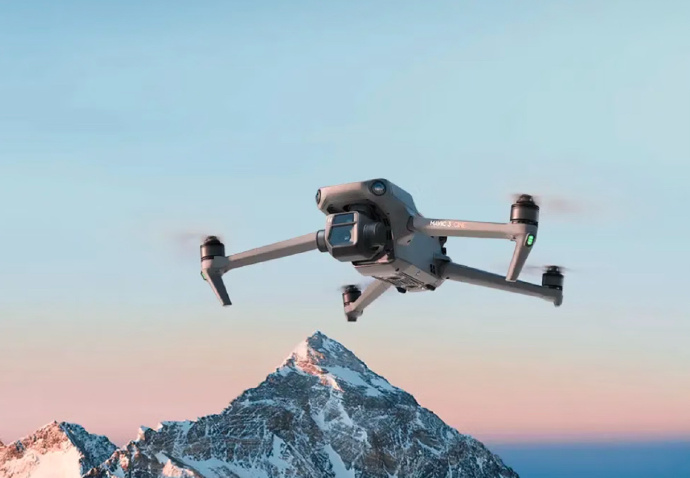To begin with, understanding the fundamentals is crucial. Drones, essentially unmanned aerial vehicles (UAVs), vary in design and functionality, catering to various applications from photography to commercial deliveries. A prospective drone pilot must distinguish these variations to choose the right aircraft for their specific needs.
Another essential aspect is the mastery of flight controls. Modern drones come equipped with sophisticated systems that may include GPS navigation, automated flight modes, and more. Investing time in learning how these features operate can significantly enhance your piloting skills and flight experience.
In addition to technical knowledge, a successful drone pilot must also adhere to legal guidelines. Most countries have specific legislation governing drone usage to ensure safety and privacy. For instance, registering your drone with relevant authorities and acquiring necessary permits are imperative steps that should not be overlooked.
Once you’ve got your head wrapped around the basics, it’s time to delve into advanced techniques. Perfecting maneuvers like hovering, circle flying, and smooth transitions will provide a competitive edge. Continuous practice in safe and controlled environments will refine these skills.
But flying isn’t the only skill a drone pilot must possess. Knowledge of maintenance and troubleshooting is equally important. Routine checks and understanding the ins and outs of your drone’s hardware will prevent unnecessary downtime and ensure peak performance.
The Path to Professionalism
For those considering a career as a drone pilot, additional focus on aerial photography, surveying, data collection, and analytics might be required. These specialized sectors require a higher level of competency and understanding of specific software tools.
Training programs and certifications can greatly enhance a pilot’s credibility and marketability. Whether opting for online courses or workshops, gaining a well-recognized certification establishes trust and proficiency that clients will inevitably look for.
Networking with fellow drone enthusiasts and professionals can also offer valuable insights and opportunities.

Frequently Asked Questions
- What is the best way to start learning drone piloting?
- Starting with a basic, affordable drone and practicing in open spaces can provide fundamental skills. Online tutorials and community forums can also offer substantial guidance.
- Do I need a license to fly a drone?
- Most countries require some form of licensing, especially for commercial purposes. Check with local regulations to understand the specific requirements.
- How can I ensure the safety of my drone?
- Perform regular maintenance checks, software updates, and fly in appropriate areas away from hazards to ensure drone safety.
The journey to mastering drone piloting is continuous. With dedicated practice, an understanding of regulations, and ongoing education, anyone can soar to new heights in this dynamic field.